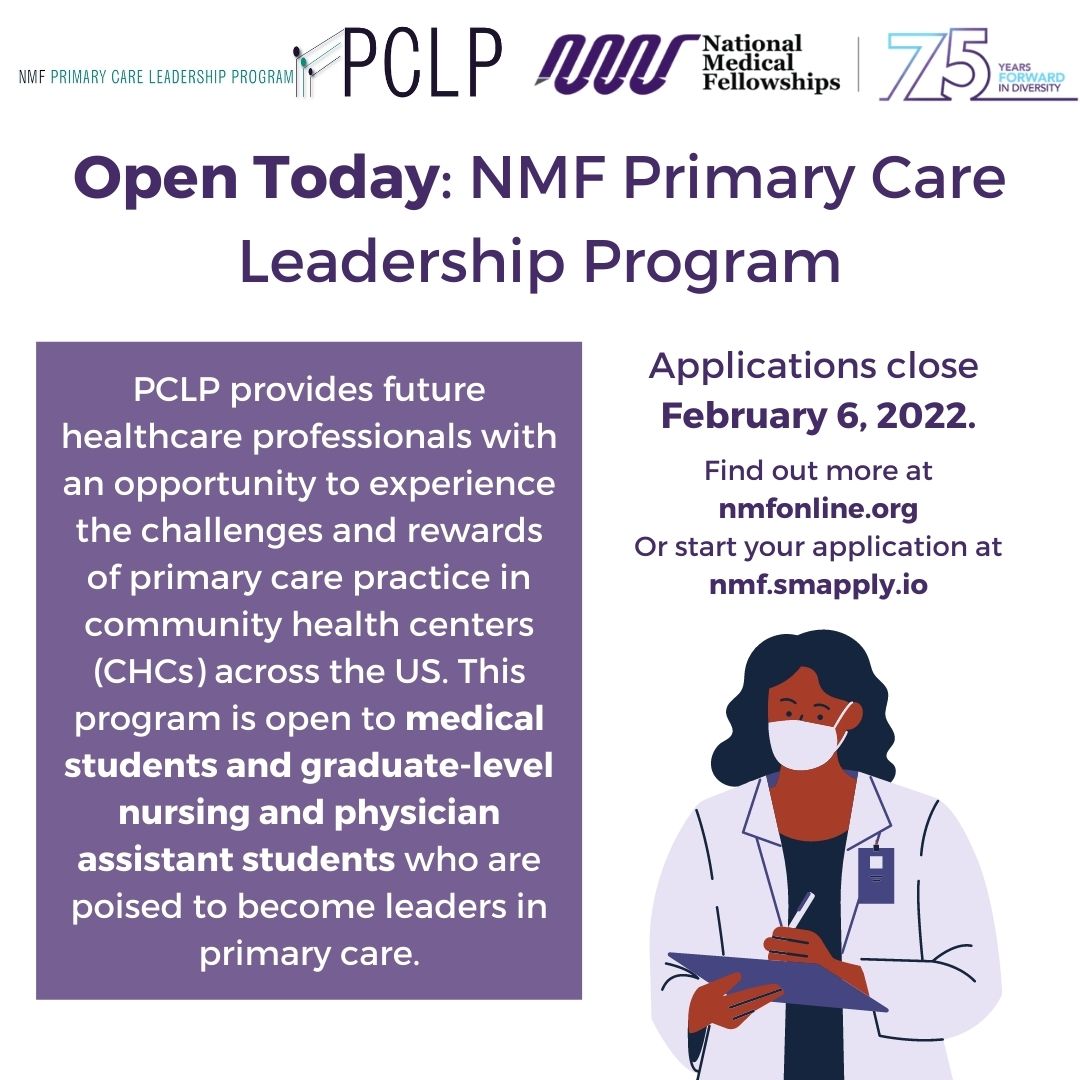
Since the Scholars were unable to physically travel to their assigned CHCs, they had to rely on Zoom and Skype to get a sense of life on the front lines of community health.įor Destinee Shipley, that meant adjusting her expectations. The goal is to deepen their understanding of the hurdles CHCs must overcome to effectively and affordably serve their communities.īut in 2020, the pandemic changed the picture. They sit in on staff meetings, observe examinations and confer one-on-one with a mentor medical professional. Typically, PCLP participants - known as Scholars - spend six weeks working in CHCs in cities such as Boston, Houston and Los Angeles. Jack Geiger, a pioneer of the community healthcare system who served as an NMF board member and chair of the PCLP National Advisory Committee until his death last year. “ a chance to learn what it takes to run and manage these settings to provide high-quality care at modest cost for the people who are in the greatest need,” said Dr. The goal of PCLP, which was co-founded in 2012 by National Medical Fellowships and the GE Foundation, is to encourage more medical students to work at these centers, not just as doctors but as leaders. These CHCs serve as the main source of medical care for nearly 30 million people, offering services regardless of people’s ability to pay. Then last summer, she landed a fellowship with the NMF Primary Care Leadership Program (PCLP), which gives students the opportunity to work in primary care at community health centers (CHCs) across the U.S. In 2019, she enrolled at Loyola University Chicago Stritch School of Medicine. Specifically, she set her sights on becoming a primary care physician in mostly Spanish-speaking communities that lack access to healthcare. The experience left a strong impression on Solis who decided to become a doctor. “It was like we were mute and the doctor was deaf,” she says.

But as her dad’s wrist swelled to outsized proportions, the family relented, headed to the hospital, and Solis appointed herself to speak for her father with limited English. “They felt embarrassed by the fact that they were not able to communicate, and because they thought they would be a burden to the doctor,” remembers Solis, who was 10 at the time. As Spanish-speaking Peruvian immigrants, her parents hesitated to seek medical treatment. In 2004, Jaquelin Solis had only been in the United States for a few months when her father broke his wrist.


 0 kommentar(er)
0 kommentar(er)
